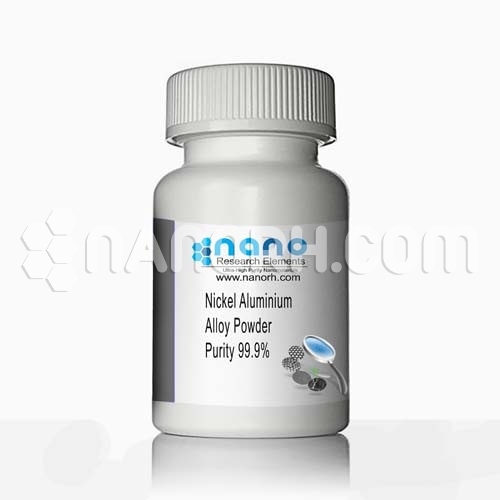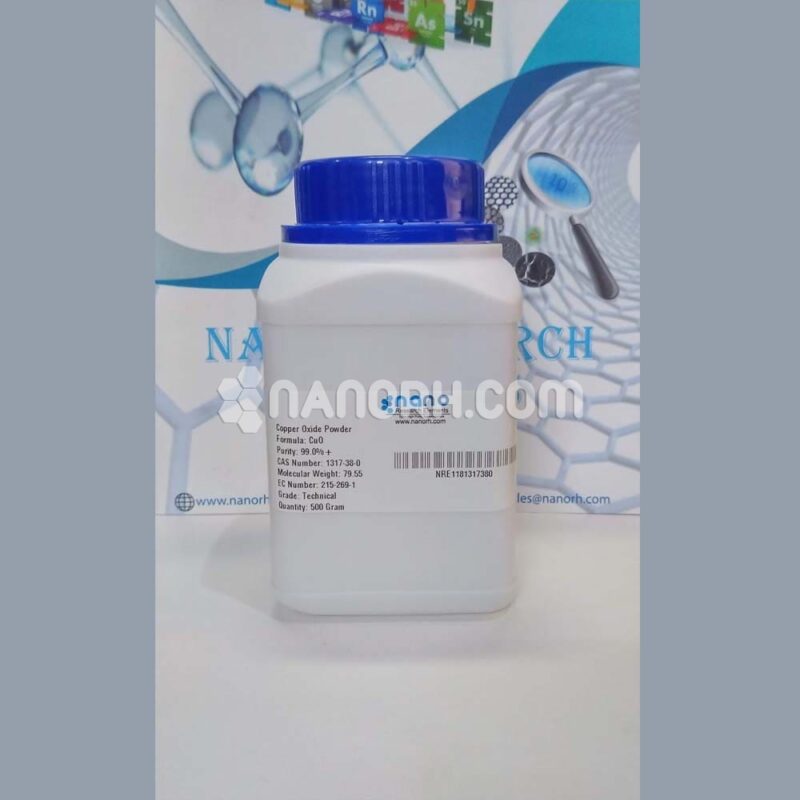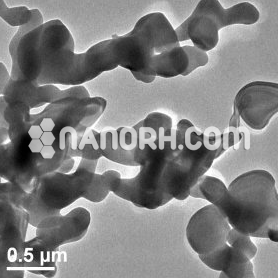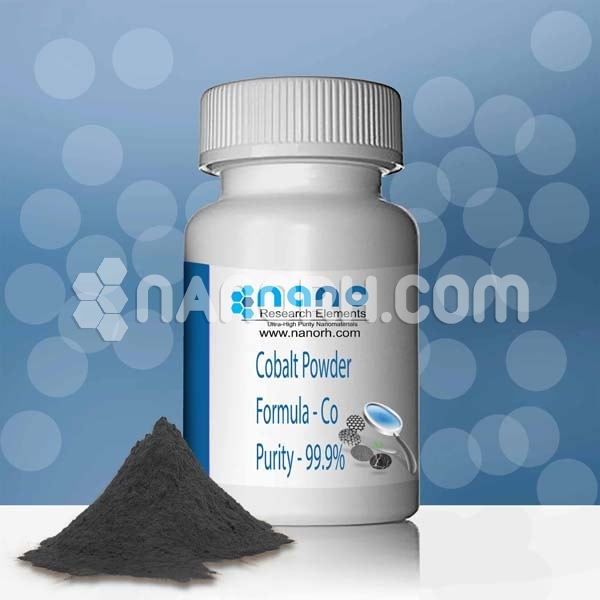| Nickel Aluminium Alloy Powder | |
| Product No | NRE-9025 |
| CAS No. | 12635-27-7 |
| Formula | Ni-Al |
| Molecular Weight | 85.674938 g/mol |
| APS | <40 um (Can be Customized) |
| Purity | 99.9% |
| Density | 7.5g/cm3 |
| Color | Gray |
| Melting Point | 1385 °C |
| Boiling Point | NA |
Ni-Al Alloy Powder
Applications of Ni-Al Alloy Powder
Additive Manufacturing (3D Printing):
Ni-Al alloy powder is extensively used in additive manufacturing techniques such as Selective Laser Melting (SLM), Direct Metal Laser Sintering (DMLS), and Electron Beam Melting (EBM). These processes are used to create complex, high-performance parts that would be difficult to produce using traditional manufacturing methods. Applications in aerospace, automotive, and medical industries benefit from the alloy’s strength and heat resistance.
Thermal Spray Coatings:
Ni-Al alloy powder is widely used in thermal spray coating technologies, such as flame spraying, plasma spraying, and high-velocity oxy-fuel (HVOF) spraying. These coatings are applied to components to enhance their wear resistance, corrosion resistance, and thermal protection. Common applications include coating turbine blades, engine components, exhaust systems, and heat exchangers.
Aerospace Industry:
In the aerospace sector, Ni-Al alloys are used for high-performance components such as turbine blades, jet engines, heat shields, and exhaust components. The combination of thermal stability and oxidation resistance makes them ideal for use in environments with extremely high temperatures and mechanical stresses.
Automotive Components:
Ni-Al alloy powder is used to produce components that must withstand high temperatures, stress, and abrasion in the automotive industry. These include engine parts, exhaust systems, catalytic converters, and pistons. The alloy’s wear resistance and high-temperature properties make it an excellent material for internal engine components.
Heat Exchangers and Cooling Systems:
Ni-Al alloys are used in the production of heat exchangers, cooling systems, and radiators due to their thermal conductivity and corrosion resistance. They ensure efficient heat dissipation in industrial applications, such as power plants and chemical processing.
Chemical Processing and Petrochemical:
In the chemical processing industry, Ni-Al alloys are used for components exposed to high temperatures and corrosive environments, such as chemical reactors, heat exchangers, pumps, and valves. The alloy’s ability to resist oxidation and corrosion makes it a reliable material for harsh industrial environments.




